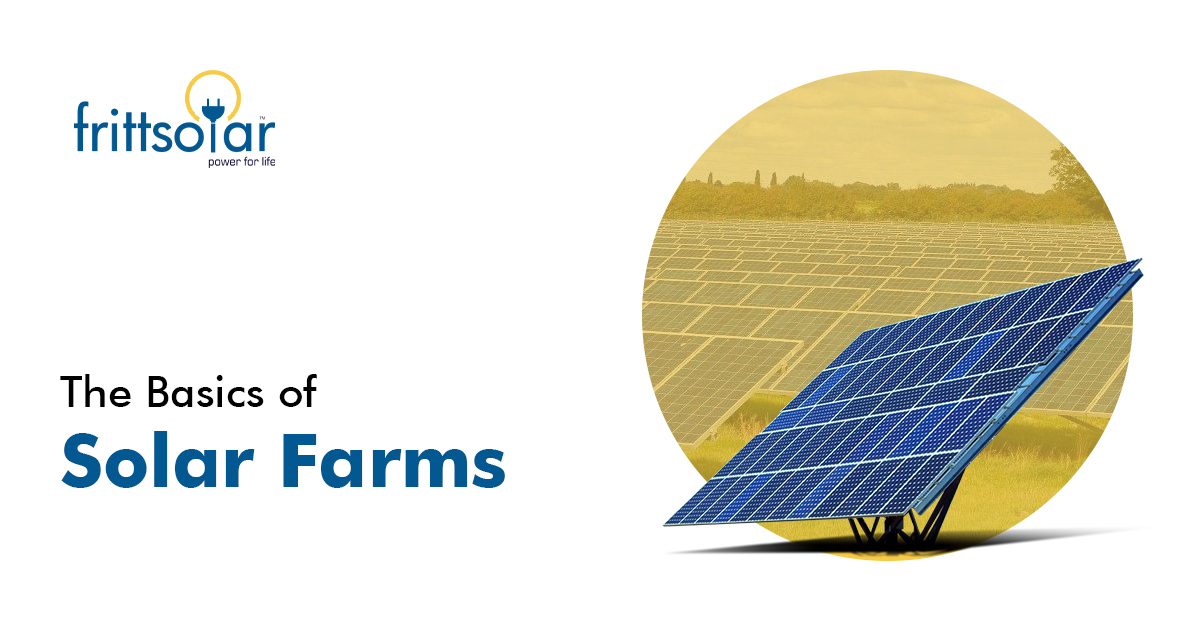

What Are Solar Farms?
Solar farms are large-scale ground-mounted solar installations that use photovoltaic panels to collect solar energy.
Solar parks are also called solar farms, and they also generate electricity for consumers, but they are a cleaner, greener and better source of energy than fossil fuel plants and are a secure source of investment these days.
Investment in solar panels provides sure returns.
Benefits of Solar Farms
• Solar farms can be an excellent habitat for animals on the land where they are build. Wildlife can graze on the grass between the rows of panels.
• Solar farms provide a high return on investment.Electricity bills can be reduced, and maintenance costs are low.
• Unlike traditional power sources, solar farms do not produce much noise. Panel parts are installed inside sound-proof boxes.
• Greenhouse gas emissions are reduced by solar farms. Solar farms produce clean energy that is environmentally friendly.
Key Factors:
1. As a result of all the equipment and space between the rows of solar panels, a 1 MW solar farm requires 6-8 acres, according to GTM Research.
2. Depending on the size of the solar project and the number of people working on it, the installation is completed. Solar farms, however, take between four and five years to complete with all required approvals.
3. Selling the electricity from a 1MW solar farm can earn one 1031.632 Indian rupees per year.
Just like ground mounted solar plants, rooftop solar plants can fetch many benefits and are ideal for urban commercial, residential and institutional settlements with empty roof spaces.
Invest in solar farms and enjoy solar farm return on investment. Reduce your electricity bill by up to 90% and consume green source of energy. Get the best solar solutions from Frittsolar, the top solar EPC Company in Delhi NCR with unparalleled products, services, and project records.